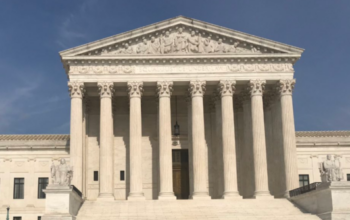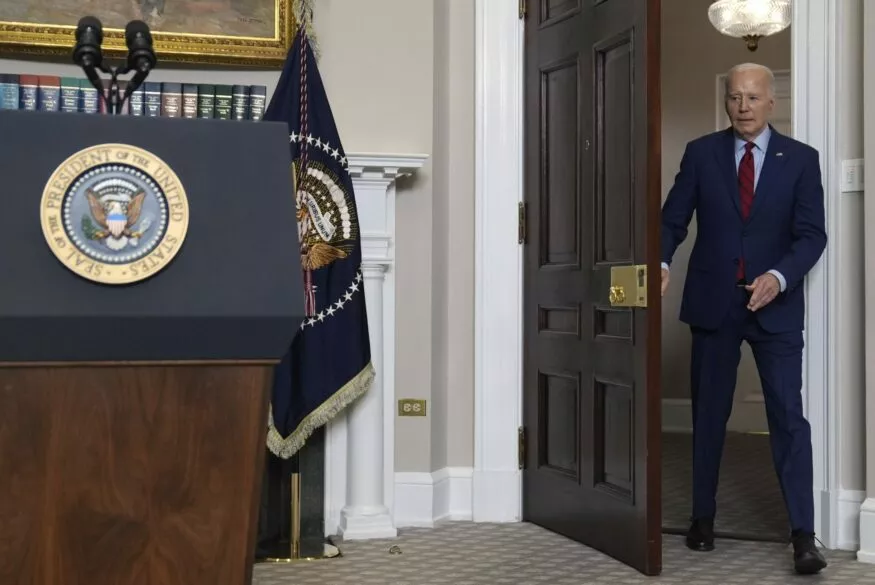The Federal Communications Commission (FCC) has reinstated a long-debated requirement that broadcasters submit employee demographic information, sparking dissent over constitutional concerns.
In a close 3-2 vote on Thursday, the FCC brought back the obligation for broadcasters to file Form 395-B, revealing the race and gender of their staff. This decision has revived discussions around data confidentiality and equal employment opportunities.
Form 395-B’s initial introduction in the 1990s sought to promote transparency and encourage diversity in broadcasting hires. However, its application was halted by the US District Court for the District of Columbia in 2001 due to privacy issues. The recent Senate confirmation of Anna Gomez as an FCC commissioner provided the necessary vote for the policy’s resurrection.
Brendan Carr, an FCC commissioner, voted against this move and voiced his objections. Carr argued that not only has the FCC been previously overruled by courts for pushing broadcasters to consider race and gender in hiring, which violates the Constitution, but the decision also conflicts with the Civil Rights Act of 1964’s stance on data confidentiality maintained by the Equal Opportunity Employment Commission.
Carr’s statement highlighted a deeper worry: the FCC’s plan to publicly share demographic data for each station, a move he views as an unconstitutional attempt to drive hiring decisions based on diversity metrics.
Carr’s concerns reflect issues of equal protection under the law, citing Supreme Court rulings that deem ancestry-based distinctions as fundamentally discriminatory. He believes the FCC’s actions bear the risk of racial stigmatization and could ignite intergroup hostility.
“The Civil Rights Act of 1964 requires that the government keep this type of data confidential when it is collected by the Equal Opportunity Employment Commission,” Carr said. “But the FCC goes another way—one that violates the Constitution, as courts already found in two prior FCC cases.”

















